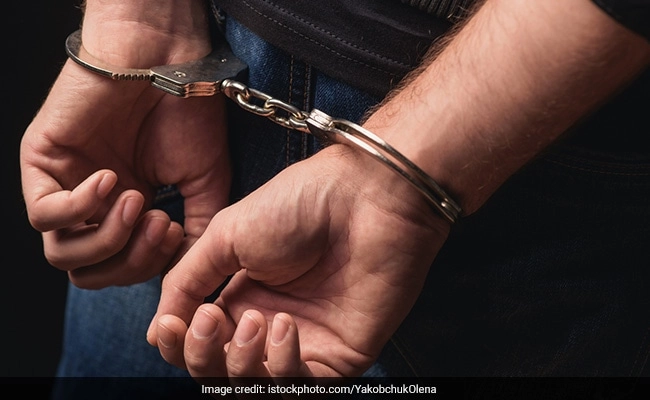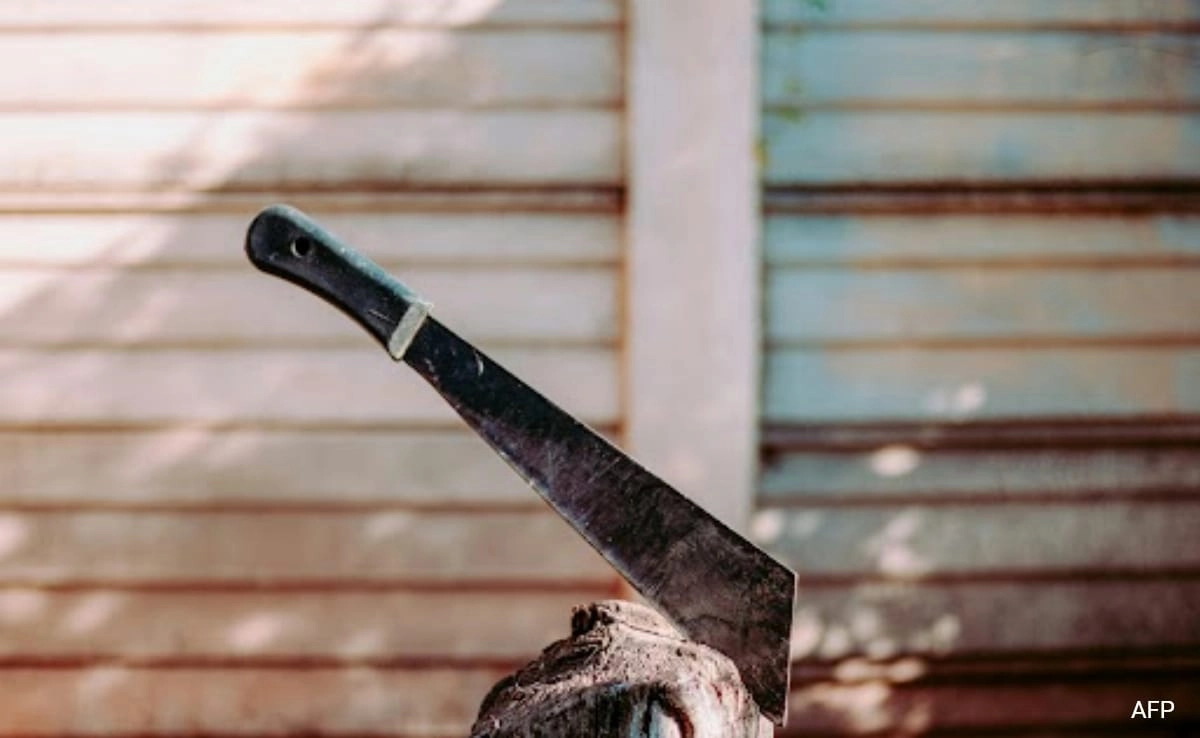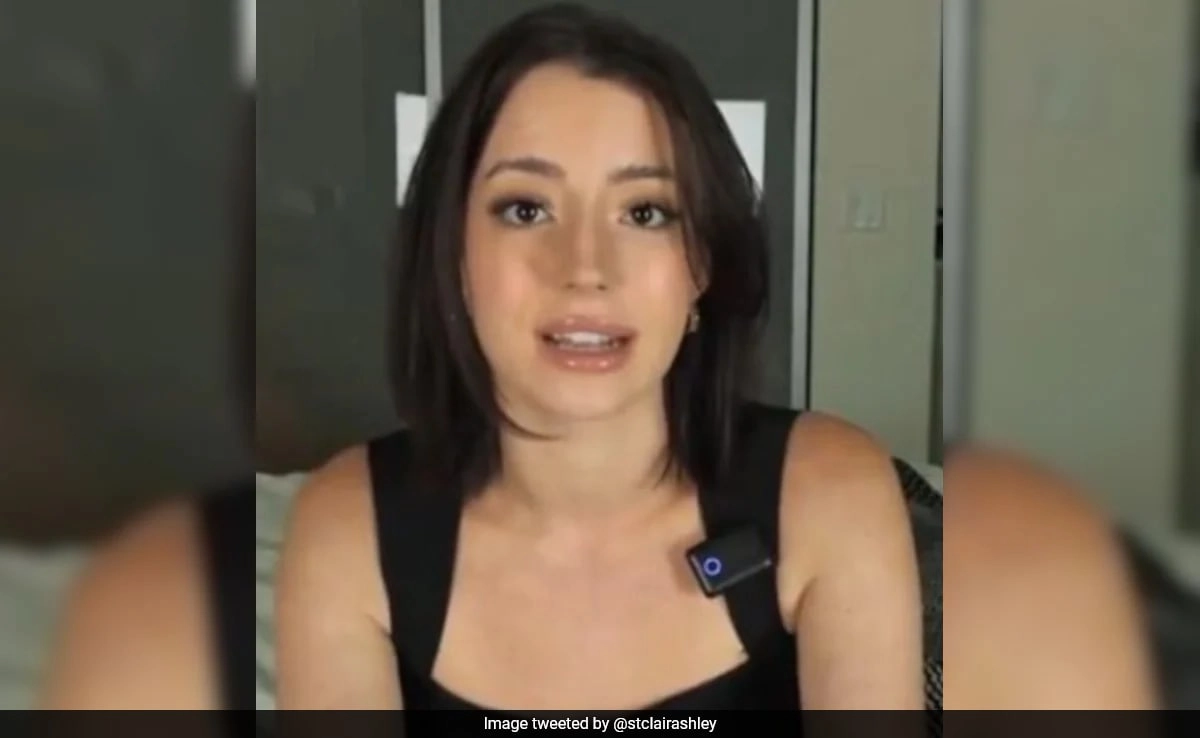A 21-year-old TikTok astrologer has recently come under scrutiny after making a prediction about a potential earthquake in Myanmar, which subsequently caused widespread panic among the local population. The astrologer, known for their online presence and following, utilized their platform to share predictions based on astrological insights. However, this particular forecast sparked significant concern, leading to a series of alarming reactions from the community. Authorities reported that the prediction was taken seriously by many, prompting fears of impending disaster and resulting in a chaotic atmosphere.
The incident raises important questions about the influence of social media and the responsibility that comes with it, especially when it involves disseminating potentially alarming information. In an age where platforms like TikTok have the power to reach millions in an instant, the line between entertainment and misinformation can blur easily. This situation exemplifies how quickly a single post can escalate into a public panic, particularly in regions that may already be vulnerable to natural disasters. As the young astrologer’s prediction circulated, local officials found themselves in a difficult position, needing to reassure the public while also addressing the fallout from the viral prediction.
In response to the chaos, law enforcement authorities took action, leading to the arrest of the astrologer on charges related to causing public panic. The arrest has sparked a debate about the implications of social media predictions and the accountability of influencers in the digital age. While some argue for freedom of expression, others emphasize the potential dangers of spreading unverified information that can lead to real-world consequences. The case serves as a reminder of the importance of critical thinking and responsible sharing in an era where misinformation can spread like wildfire, impacting communities in unpredictable ways.
As the situation unfolds, it will be essential to monitor the reactions from both the public and authorities. The astrologer’s arrest may lead to broader discussions about the risks associated with social media predictions and the need for regulatory measures to prevent similar incidents in the future. Meanwhile, the public’s response highlights the need for education on how to critically assess information shared online, especially when it pertains to sensitive issues like natural disasters. This incident can serve as a pivotal moment to reflect on the intersection of astrology, social media, and the responsibilities of digital influencers in maintaining the well-being of their audiences.




